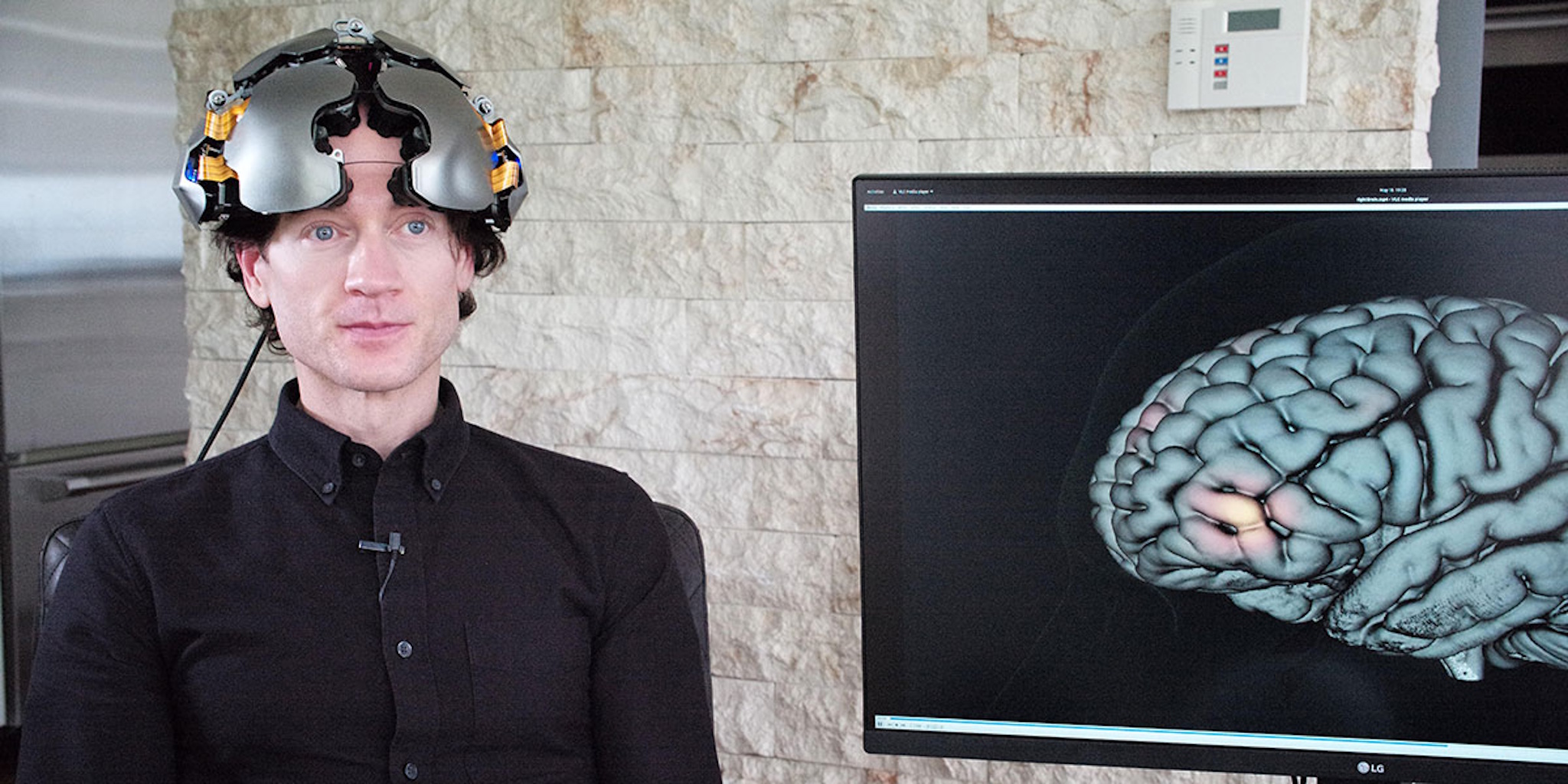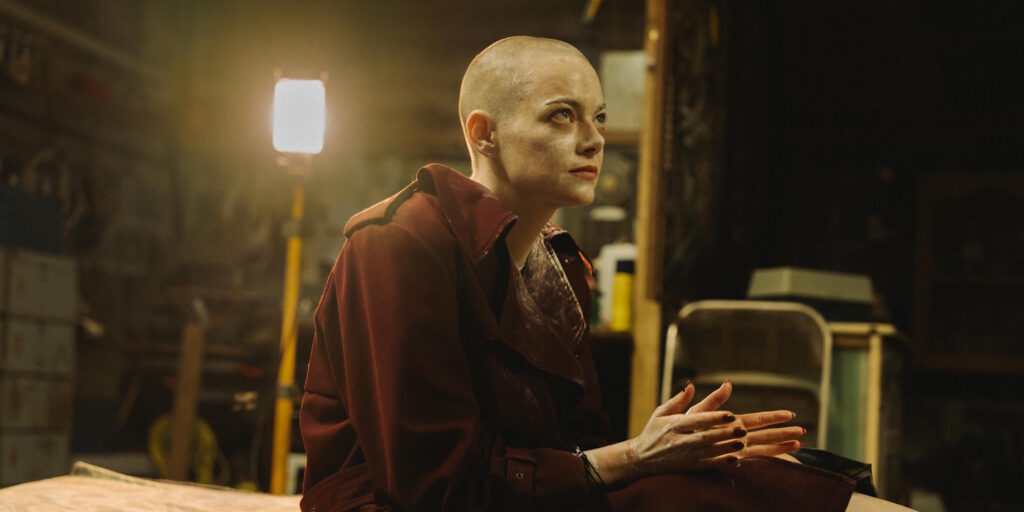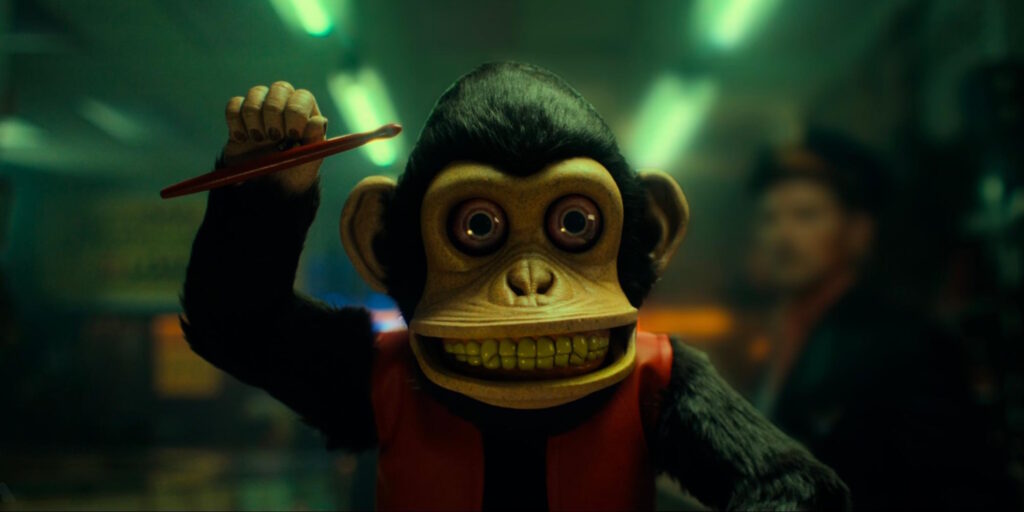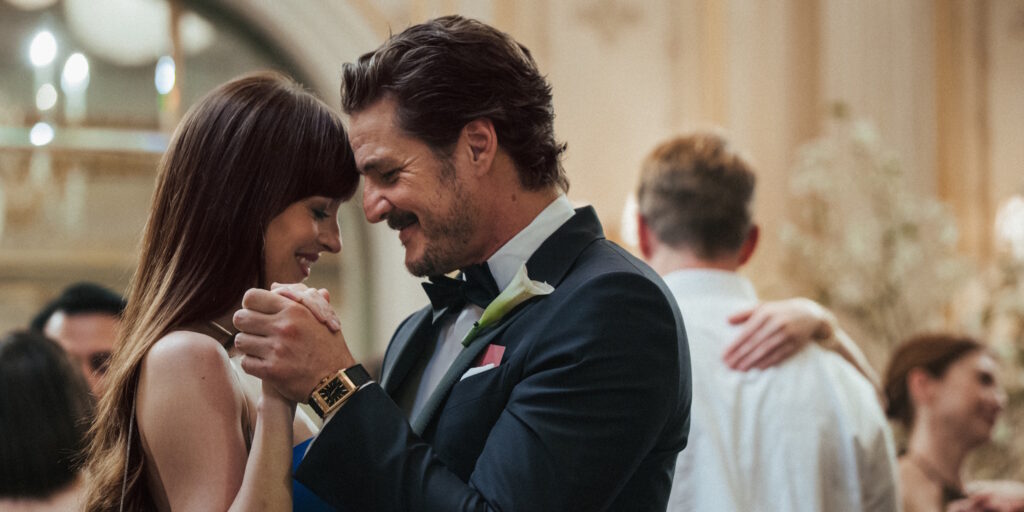“What’s on your mind?” It’s a simple enough question. Facebook users have seen it at the top of their feeds for more than 15 years now. Considerate friends or caring family might use it as a launch pad for a deeper conversation that goes past the standard surface-level response, “Nothing much. What about you?” However, as Werner Herzog’s probing documentary Theater of Thought shows, the nation’s preeminent experts on the human brain have been wondering the same thing for quite some time now and — despite great strides in quantum computing, neuroscience, cognition, and beyond — continue to search for a definitive answer.
Teaming with renowned neurobiologist Rafael Yuste, Herzog road-trips cross-country, hopping back and forth from the Pacific Northwest to the New England coastline to meet with and interview an extensive lineup of distinguished thinkers. Take Bryan Johnson, for example: The billionaire oddball (synonymous terms) has pumped unfathomable amounts of cash into a brain-scanning device that aids in the study of consciousness. Or the folks at IBM’s global headquarters in New York, pushing the limits of computer science in pursuit of the brain’s thinking power — a project that prompts Herzog to dryly (and hilariously) note, “I admit that I literally understand none of this.”
In line with his internet exposé Lo and Behold, Reveries of the Connected World (2016), Theater of Thought is entirely composed of mini-episodes such as these, each diving deep into a different hyper-specific, ultra-advanced niche in the wider subject matter. We meet geniuses studying animal behavior, academics seeking to uncover the meaning of fear, and even lobbyists fighting to future-proof society’s legal and ethical standards to protect our inner thoughts in the face of rapidly evolving tech. With the inimitable German director as our guide, this dense topic and its many facets never feels as incomprehensible as it seems.
Getting to hear Herzog react and respond to these scholars and their formidable intellect is worth the price of admission alone. There’s nothing quite like hearing him ask a brain-computer engineer if we might one day be able to press a button and taste a schnitzel and a Bavarian beer. And who else could use Alexander Dovzhenko’s Earth (1930) and James Cameron’s Avatar (2009) as equally important points of reference in an exploration of the complexities of the mind? Even with an obviously limited budget and a cursory grasp of the concepts at hand, it’s the earnestness of his approach — his genuine desire for knowledge — that sets Theater of Thought apart from other docs of its ilk.
Herzog is not afraid to ask naïve questions, but that’s what makes him a smart documentarian: He’s acting as an audience surrogate, breaking down the big ideas into palatable notions like “Can fish dream?” and “Why don’t tightrope walkers get scared?” It’s the best possible version of this documentary concept, never allowing the subjects to co-opt the narrative to peddle unfounded pipe dreams about how AI is going to make the world a better place or a future where we’re all going to have a brain chip that’s both affordable and functional. Herzog — and, by extension, the audience — is acutely aware of how far off some of these proposals truly are.
However, that doesn’t mean they aren’t worth pondering, especially as an aging auteur who, on more than one occasion, expresses concern for the lack of humanity in it all (particularly as it relates to his changing medium). These aren’t new fears, nor are they exclusive to Herzog or his generation. As he stands in a projection booth at the Roxie Theater in San Francisco while a scientist explains mental moving images extracted from neurotransmissions — as photographs of David Lynch, John Waters, Herzog, and others look down from the walls — it’s apparent where the director’s interests lie: From fishing to filmmaking, just how many of us are threatened by these emerging technologies? There’s no clear answer yet, but, for the sake of us all, the question urgently needs to be asked.
Theater of Thought screens nightly at 7:00 p.m. on Feb. 7 – 9 at the Webster University Film Series.




